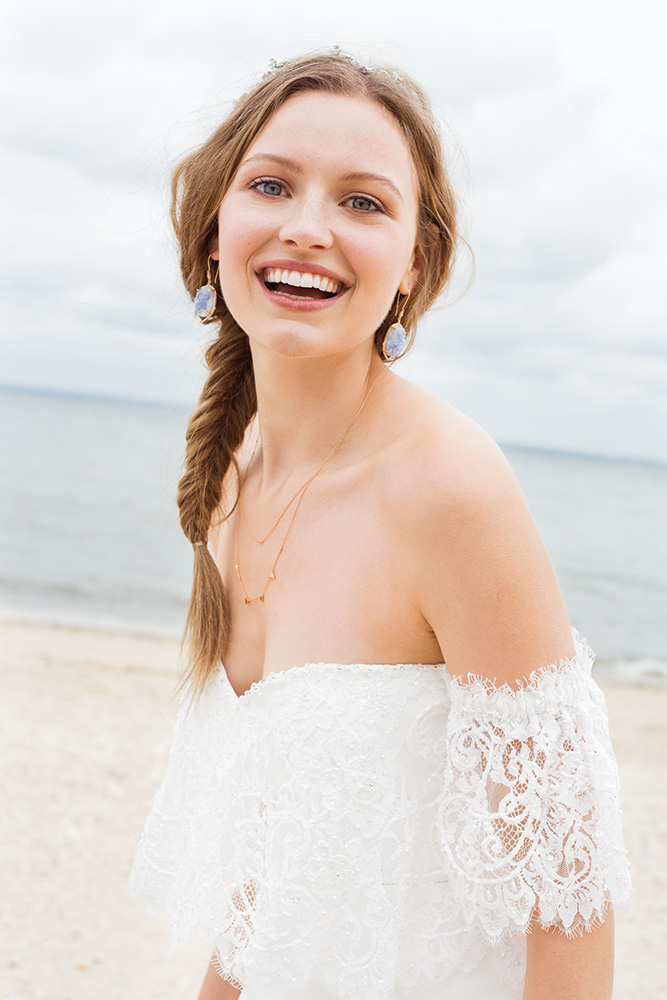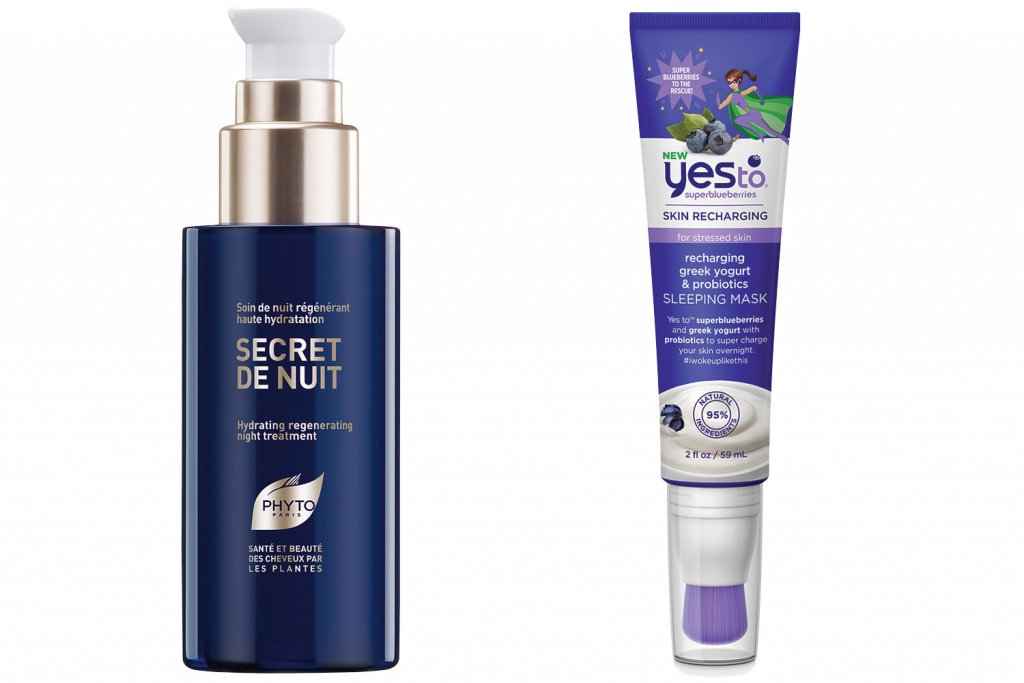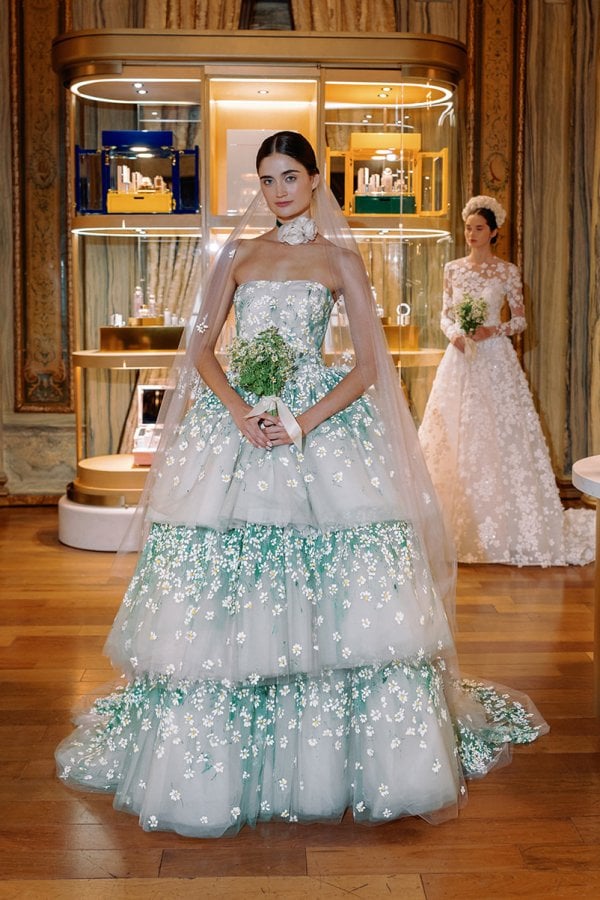Be a bright-eyed bride by getting a good night's sleep.
By: Mark Clarke-AS SEEN IN BRIDAL GUIDE MAGAZINE-

Photo Credit: Terry Doyle
When someone says, "you look tired," the message is clear. A dull complexion, dark under-eye circles and breakouts can all be chalked up to poor-quality shut-eye. But if wedding-planning details are keeping you up at night, help is at hand. There’s a reason it’s called beauty sleep, and what better time than now to tap into its benefits?
There’s a lot of good stuff that happens while you sleep at night. During the deepest phases, a rise in growth hormones allows damaged cells to become repaired, says dermatologic surgeon Dr. Dendy Engelman. Miss out on deep sleep and this won’t occur. “Instead of being reversed overnight, small breakdowns will accumulate,” Engelman says. “While you’re sleeping, the body’s hydration rebalances,” she continues. “Not getting enough sleep results in poor water balance, leading to puffiness, under-eye circles and rapid aging. We need to support our cells and allow them to fully repair any damage (such as environmental aggressors like UVA/UVB rays) that was done throughout the day. When the body is in a deep, restful sleep, the skin’s metabolism increases and cell turnover and renewal escalate.” Skin regeneration is at its height between 10 p.m. and 2 a.m., so this is the best time to help the skin repair.
And consider the collateral damage that can happen as a result of feeling tired the next day. Says Engelman: "Stress hormone cortisol levels rise when you're fatigued, which leads to weight gain." Typically, a sleepy bride will look to food to feel more energized says Brooke Alpert, R.D., author of The Diet Detox, "more often than not choosing high-sugar foods to give that boost to power through a tired moment." Note that besides being caloric, sugar increases the risk of breaking out, warns Engelman. And adding insult to injury, "When we're sleep deprived, ghrelin — a hormone that stimulates hunger — levels rise, making you want to reach for even more food," Alpert says.
You can eat your way to better sleep, says Alpert. “I recommend my clients save their starches and carbohydrates (like rice and pasta) until dinner time, as they can help set up the body for a better night’s sleep. And foods like walnuts are a good source of tryptophan, an amino acid that helps control our sleep hormone melatonin.” Other foods to put in rotation: Almonds, bananas, brown rice, chick peas, cherries, oatmeal and kale — all of which contain beneficial amounts of sleep-helping B vitamins and/or amino acids "I also recommend supplementing with magnesium and L-theanine (an amino acid) to help with sleep," Alpert says. "I love Nightly One by Twin Lab — a multivitamin you take at night to help improve sleep quality."
For extra help, Dr. Engelman looks to Reserveage Nutrition Beauty R&R. Not only does it contain melatonin and L-theanine, "It's the first sleep supplement to include collagen, the building block of our skin," she tells us. "It helps you fall asleep, stay asleep and supports skin renewal. Plus it contains hyaluronic acid to support hydration." Alpert puts the kibosh on caffeine after 2 p.m. for most people. "Though it depends on your reaction to it," she says. Cutting out the cocktails is also a great idea. "Many people think it helps them fall asleep but actually their sleep quality is negatively affected by alcohol," Alpert says, adding, "try to eat at least two hours before you sleep so that the main aspects of digestion are complete and won’t interfere with your sleep." Sweet dreams!
Editor's Picks:

Phyto Secret de Nuit Intense Hydration Regenerating Night Cream; Say Yes to Blueberries Skin Recharging Sleeping Mask
Some ground rules from the National Sleep Foundation:
- Try to stay on a schedule of going to bed and waking up at the same time seven days a week. This will aid in getting your body clock regulated, which will help you fall — and stay — asleep.
- Aim for seven to nine hours of sleep.
- Avoid naps if you’re having trouble getting to sleep at night.
- Keep bedroom temperature on the cool side — 65 to 70 degrees.
- Put your devices away. The blue light that emanates from laptops and phones can make it hard to fall asleep.




